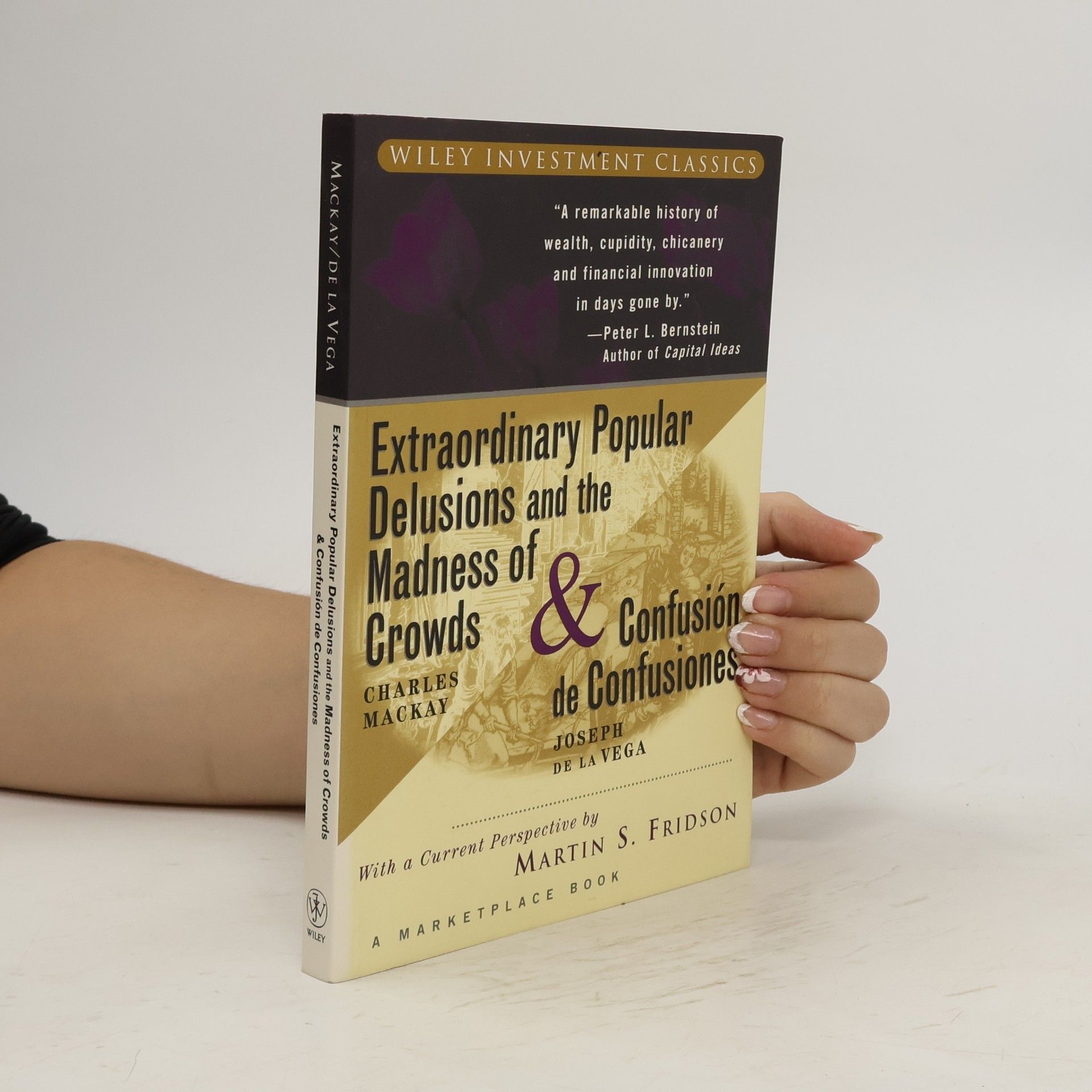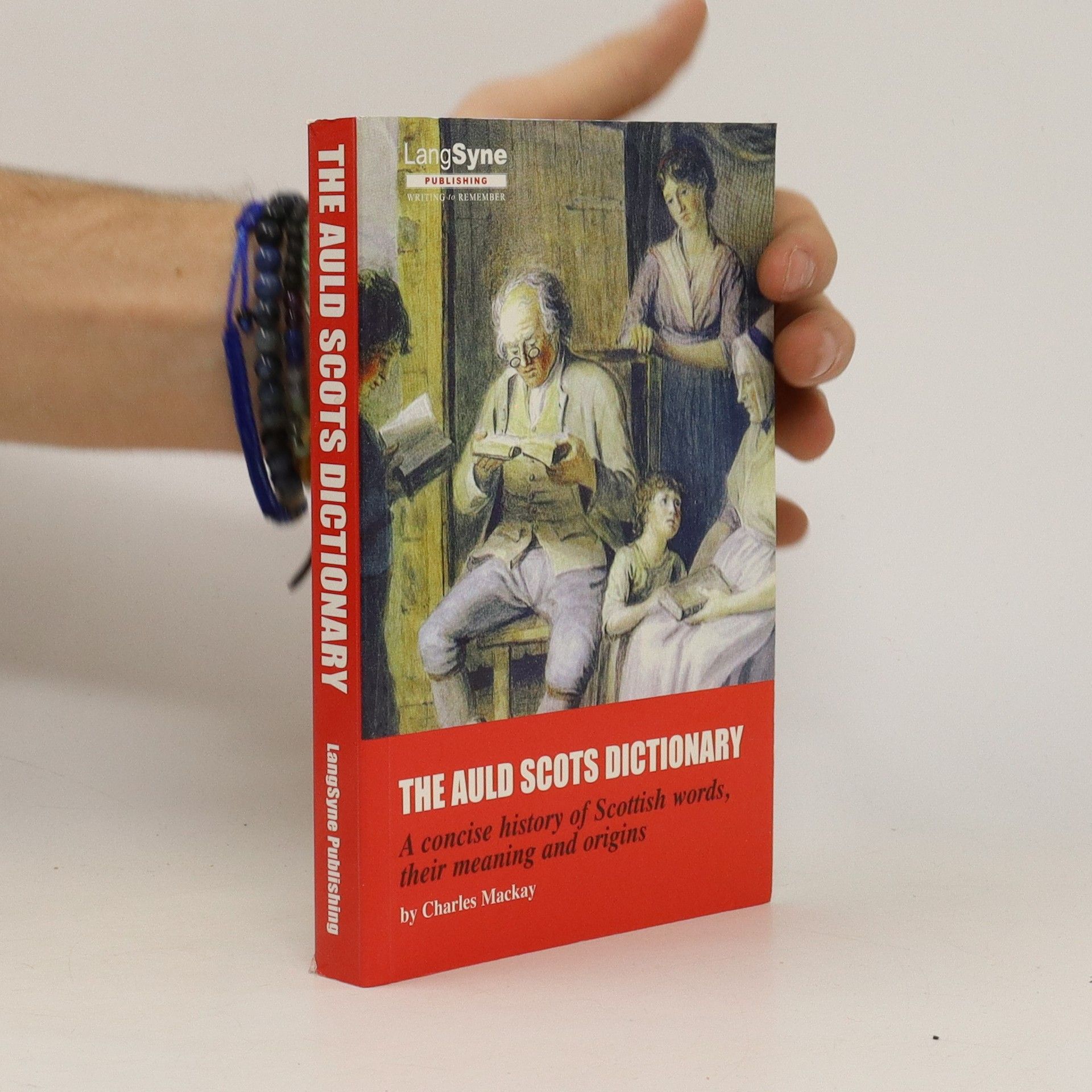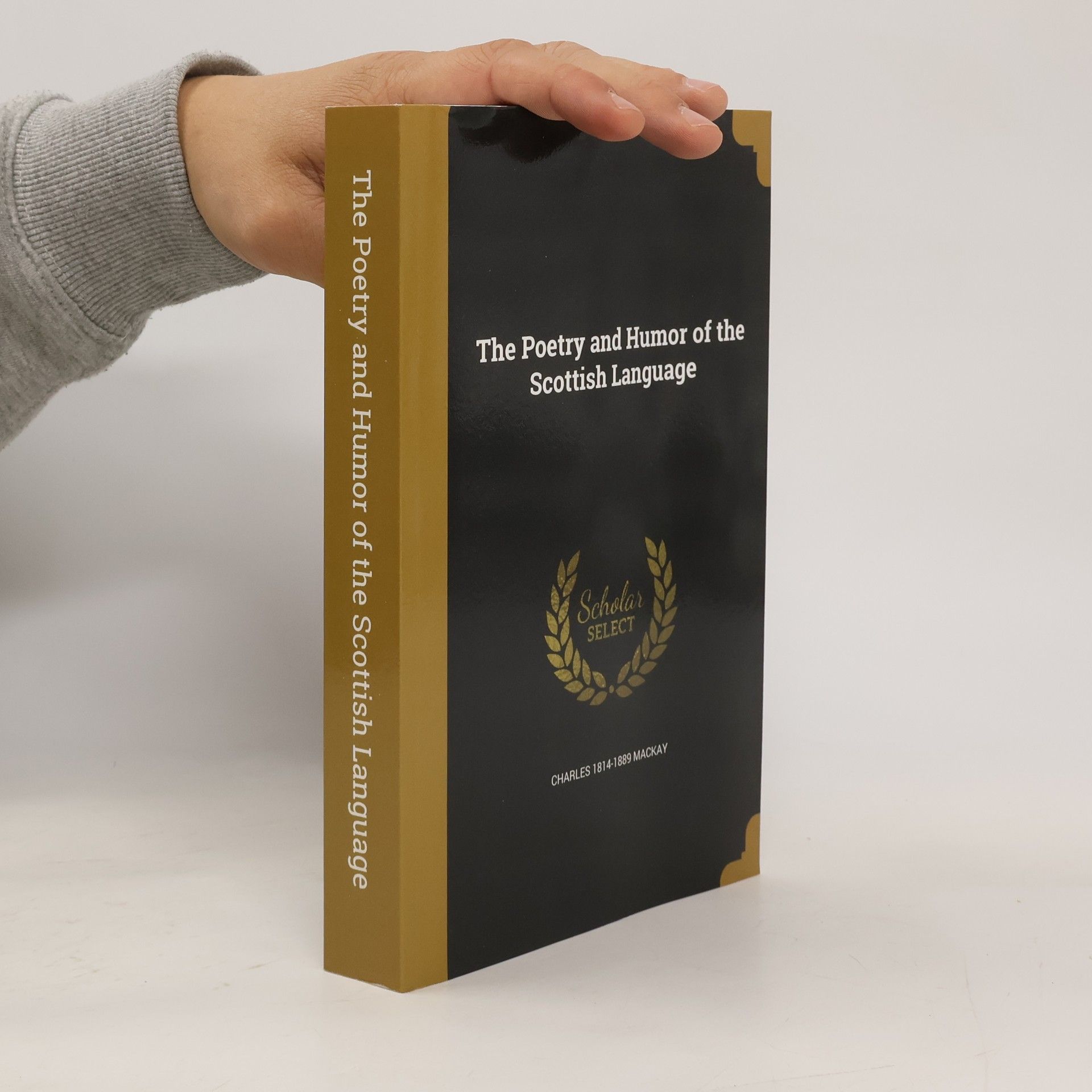The Auld Scots Dictionary. A Concise History of Scottish Words, Their Meaning and Origins
- 296pages
- 11 heures de lecture
Where did those great old words like drookit, glaikit and dour come from? An indispensible A - Z of Scots with meanings of thousands of words. A concise history of Scottish words, their meaning and origins. Where did those marvellous old Scots words like drookit, glaikit, gawkie, flunkey, muckle, pernickitie, canie, carfuffle, whiter and dour come from? What do you do when you sprackle or spier? Why would it be wrong to call a decent woman a dyke-louper, a byssim or a Maggie-rab? Why was a black sixpence forbidden currency and cauld coal a cause for anything but celebration. This rich distillation of the Scottish language will bring many hours of informative education and entertainment.





